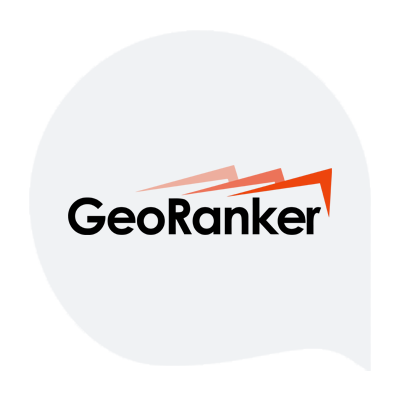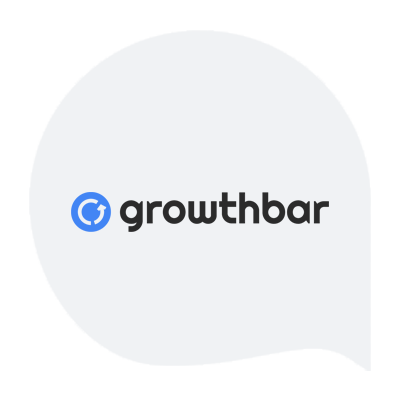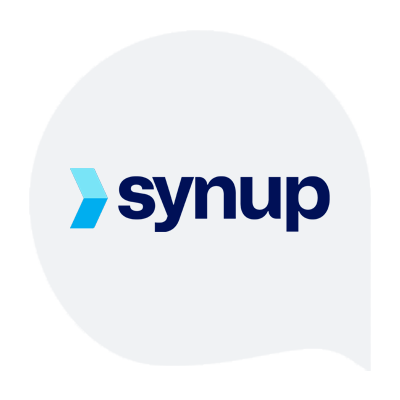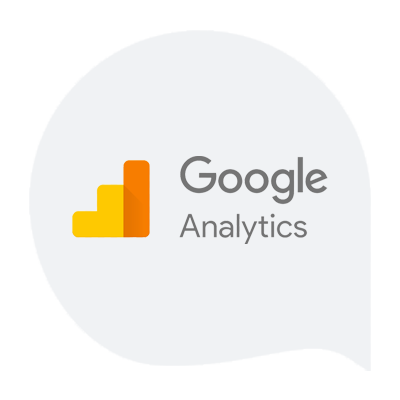Search engine optimization (SEO) is an important consideration when you’re creating the perfect website. and Local SEO is a part of it.
Without local SEO tools, your site won’t rank high in the search engine results when people search online for your product or service. The right SEO tools can also help you determine the best keywords, help track rankings, and even monitor your online performance.
SEMrush is a listing management tool that is easy to utilize and keeps your business information up to date, but there are other tools you should keep in mind when you need this service. Below are some of them.

SEMrush Listing Management Local SEO Tool
SEMrush is comprehensive and allows you to do numerous things, including keeping your business data updated in all of the most prominent directories in the world and even monitoring customer reviews.
With this tool, the results of all of your marketing efforts are evident and help you remain on track with your business goals without even logging into the tool. You can even search for local performances in certain target cities, and it is a user-friendly tool as well.
Georanker
If you wish to plan a targeted campaign to improve your rankings, Georanker is a great tool. It tracks different website rankings by multiple locations all across the globe, and it displays the information in heat maps so that you can instantly tell where your website ranks the highest.
The color-coded map is easy to read, and it also includes a citation tool that lets you determine the sources of the citations your competitors use.


Growthbar
You can use this low-cost local SEO tool either as a standalone web app or a Chrome extension. It helps you track the position of top keywords in your website, which is useful data when you’re interested in analyzing and researching local keywords.
Like SEMrush, you can remain on track with your marketing goals, and it does so by letting you track your competitor’s authority, as well as which domains rank for certain keywords.
Yext (Listing Management)
Yext has a Review Monitoring feature that works with third-party sites and allows you to track and respond to business reviews from every location. Best of all, you can do this all on one dashboard, saving you a lot of time in the process.
With Yext, there are tons of tools that make your business listings compatible with voice search optimization, and you can add reviews to your website if you like.


Synup
When it comes to local SEO tools, Synup is unique and very useful. It tracks how well your business is doing on various search engines, review sites, and local directories.
It will even crawl over 200 local search engines and directories to locate any type of inconsistencies in your data so that your citations are always accurate. Finally, it will sync your location data across different websites to make all this and more a lot easier.
SEMrush Position Tracking Tool
Like the listing management tool by SEMrush, this tool is designed to make your life as a business-owner a little easier. It tracks the ranking of your website for a set of target keywords that you customize yourself.
You can also target a specific device type or geographic location, even though there is a limit to the number of keywords that you can track.


Google My Business
A great SEO tool, Google My Business makes it easy for customers to locate your business information when they execute an online search, and the best part is that it’s free.
It also allows you to discover who your local competitors are, and if anyone leaves you a review, the tool allows you to respond to it if you wish. There is even a “book an appointment” feature for convenience.
BiQ
With real-time rank tracking for 1,000 keywords, this local SEO tool supports several different languages and even allows you to use the feature on a mobile app.
There is a rank intelligence feature that lets you discover the content gap between your own business and your competitors, and you can even think up ideas for better planning of your content and marketing strategies.


Google Search Console
The main purpose of this tool is to make sure your website stays Google-friendly. You can check keywords that are ranked by Google and also the number of pages that Google indexes from your site. It gives you a great starting point when you’re trying to market your business.
Google Trends
The main purpose of Google Trends is to compare the popularity of your keywords and track event-triggered increases in the volume of your keyword search. Unlike SEMrush and others, this is not a traditional SEO tool but is still a very valuable one.
You can utilize the information to create targeted campaigns, plan unique ways to outrank competitors, and much more.


Google Ads Keyword Planner
There are several features of this tool you’ll find useful. You can use it to plan PPC campaigns and look at the competition column to view how competitive ad placement might be useful for your target keyword. It sounds technical and complicated, but it’s really not.
It is also easy to use and serves a very important purpose when it comes to your marketing efforts.
Google Analytics
Google Analytics tracks and reports traffic to users and even shows the number of people visiting your website each day.
There is also a third-party referrals option that lets you see the third-party sites that send you traffic. You can even track the bounce rate, session duration, and many other factors you’ll need to know to plan how to improve your search rankings.




![Innovaqua turns humid air into drinkable water [New Gadget] 2 Innovaqua review](https://techbusbee.com/wp-content/uploads/2021/12/banner-4-75x75.jpg)